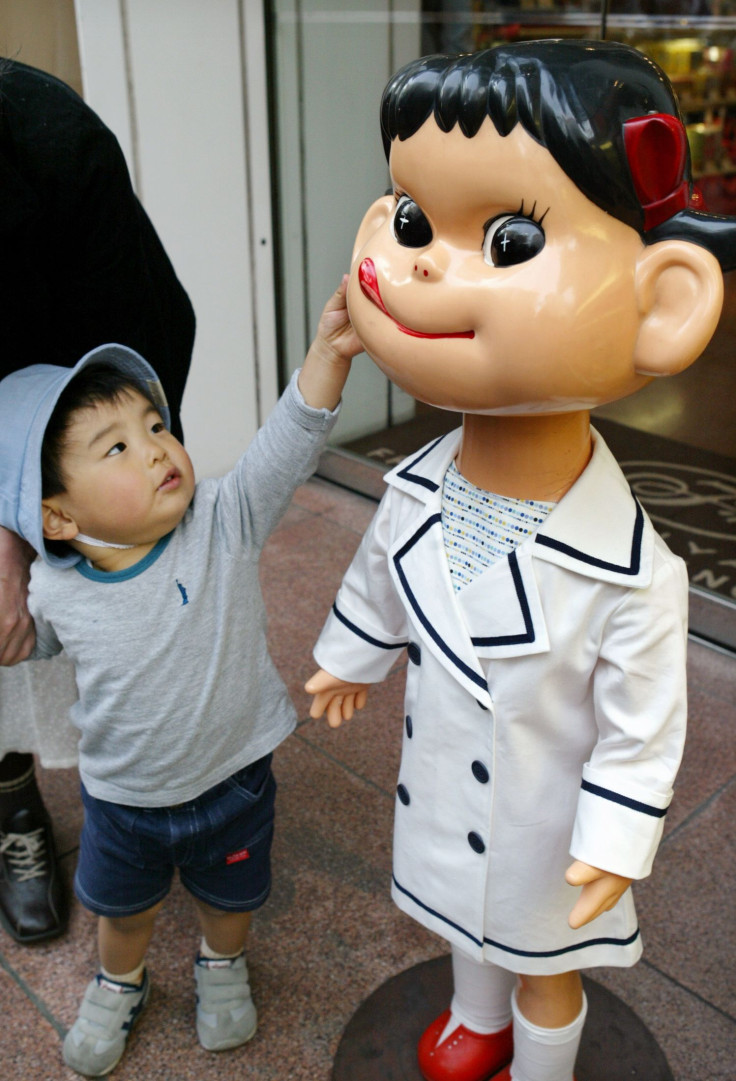A Three-Year-Old Boy In Australia Suffers From Dubbed Human Mannequin Disease

Javris, a three-year-old boy in Australia suffers a rare medical condition referred to as fibrodysplasia ossificans progressive (FOP). He is one among 13 people in Australia who suffer the dreadful disease which is also known as dubbed human mannequin disease.
FOP is a condition in which the muscle and connective tissue such as tendons and ligaments would gradually be replaced by bones, a process known as ossification. This will result in the formation of bone outside the skeleton that cause constrains in the movement.
This process begins in the early childhood, starting with the neck and shoulders and proceeding down the body into the limbs, said The Sunday Mail. The extra-skeletal or heterotopic bone formations impair mobility as well as incur difficulty in opening the mouth. Any injury in patients with FOP will result in the inflammation and swelling of muscles, followed by rapid ossification in the injured area.
Javris’ mum, Lara Boniface, said that they don’t know when FOP would start and progress in Javris, but they want to raise him as a normal strong boy. She also said that they don’t want to put him in a bubble and make him someone who is scared all the time.
Boniface and Jackie Kirkman, the father of a girl with a rare disease, are holding a fundraiser for Rare Voices Australia in Brisbane, marking the Rare Disease Day of Australia, says news.com.au.
Boniface pointed out that there are no researches being done on FOP currently in Australia, hence they are planning to go to the US for the treatment. She also added that they want a cure for their son. She is reported to have met with genetic researchers in the University of Queensland and is also monitoring the drug trials in the US on FOP.
Boniface also mentioned that there are efficient people in Australia, but somehow they are non-existent on the international stage for FOP and the situation will change soon for better.
To report problems or to leave feedback about this article, e-mail: saranglowin@gmail.com





















